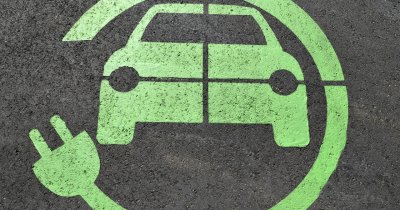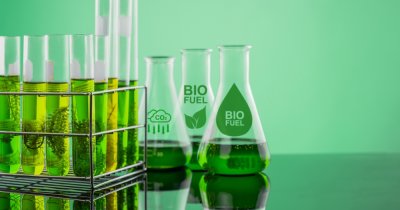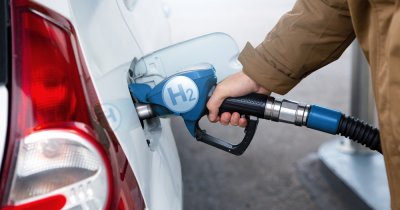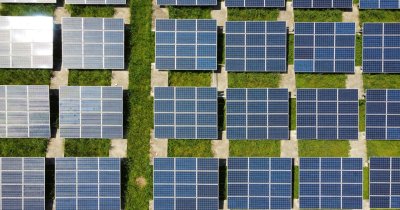According to Clean Tehnica, scientists at the University of Adelaide were able to process seawater into hydrogen using cheap catalysts, such as cobalt oxide with chromium oxide on its surface.
Professor Shizhang Qiao, the team’s co-lead, said that "we have split natural seawater into oxygen and hydrogen with nearly 100 per cent efficiency, to produce green hydrogen by electrolysis, using a non-precious and cheap catalyst in a commercial electrolyser."
Due to the fact that freshwater supplies are fairly limited and are being used for a lot of applications, seawater can prove to be a plentiful source to create fairly affordable hydrogen.
Seawater electrolysis is still developing and it will take some time before we will be able to process it the same way as we do with freshwater, since the former also implies dealing with corrosion.
The team of experts are now looking at ways to scale up the process with the help of a large electrolyser, which will help them generate hydrogen for fuel cells and other applications.
 Mihai - Cristian Ioniță
Mihai - Cristian Ioniță












Any thoughts?